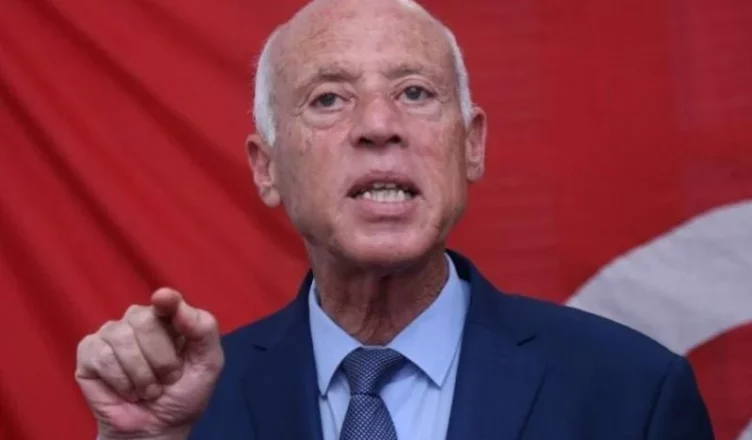Since coming to power in 2019, Kaïs Saïed has sparked as much hope as disillusionment. As his five-year term nears its end, the Tunisian head of state recently called upon voters for a presidential election scheduled for October 6, 2024. However, his record and current conditions suggest an election far from transparent and fair.
Under Kaïs Saïed’s rule, Tunisia has witnessed a troubling rise in repression against political opponents and dissenting voices. A striking example is that of Sonia Dahmani, a lawyer and columnist, sentenced to one year in prison for « spreading false news » following ironic comments about the country’s situation. This sentence, handed down nearly two months after her arrest by masked police officers, highlights the authoritarian drift of the Saïed regime.
Additionally, Abir Moussi, president of the Free Destourian Party, is compelled to campaign from prison. Accused of incitement to violence and provocation, she embodies judicial repression used to neutralize potential opponents.
The announcement of the elections has not been enough to ease tensions. The National Salvation Front has already declared that the conditions for a normal competition are not met, denouncing an electoral sham. Their refusal to support any candidacy, whether internal or external, underscores growing distrust in an electoral process perceived as manipulated.
Since the enactment of Decree 54, more than 60 journalists, lawyers, and opposition figures have been prosecuted. Amnesty International and Human Rights Watch have lamented the intensification of « repression of freedom of expression » in Tunisia, which is « on the verge of undoing the last gains of the 2011 Revolution. »
As Tunisians prepare to vote on October 6, the country’s political and economic future appears more uncertain than ever.
Tunisia: A bleak assessment of Kaïs Saïed’s presidency between repression and electoral manipulation

